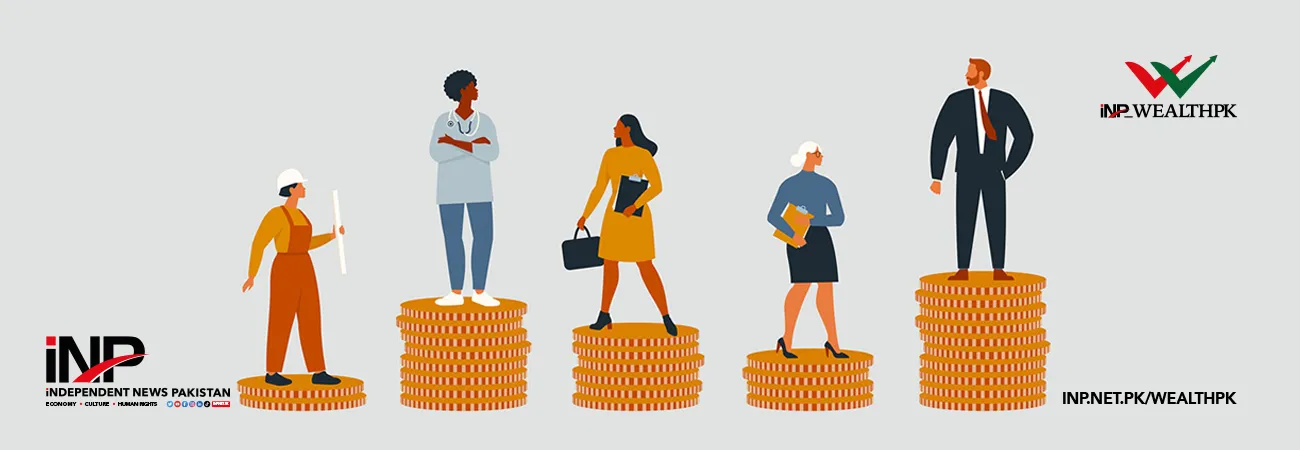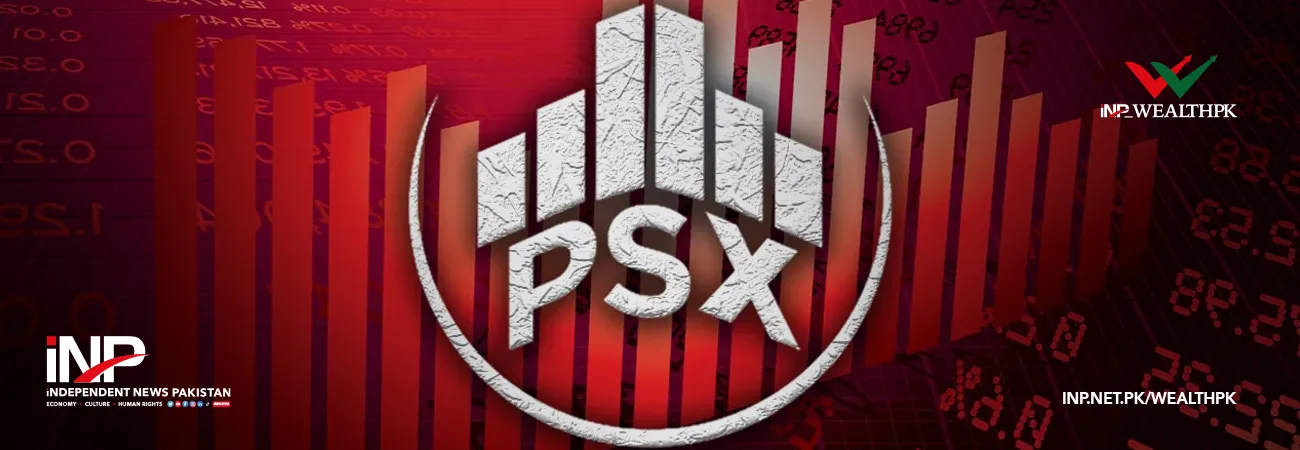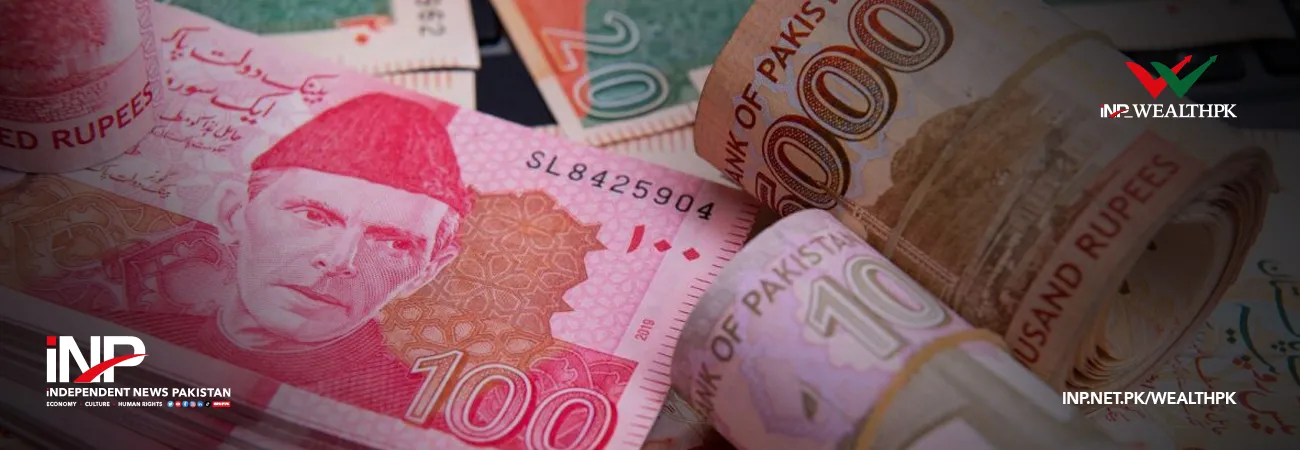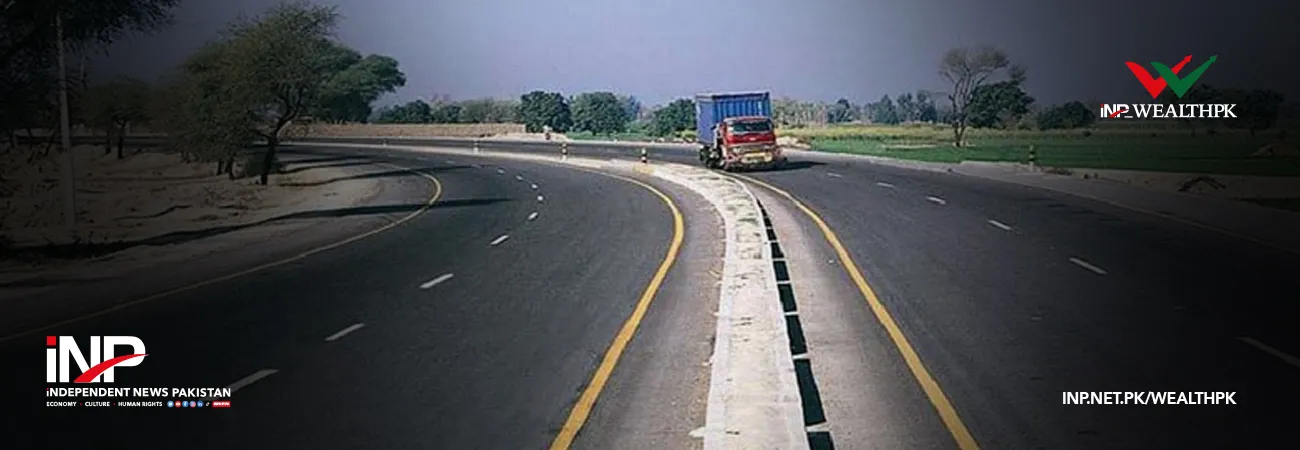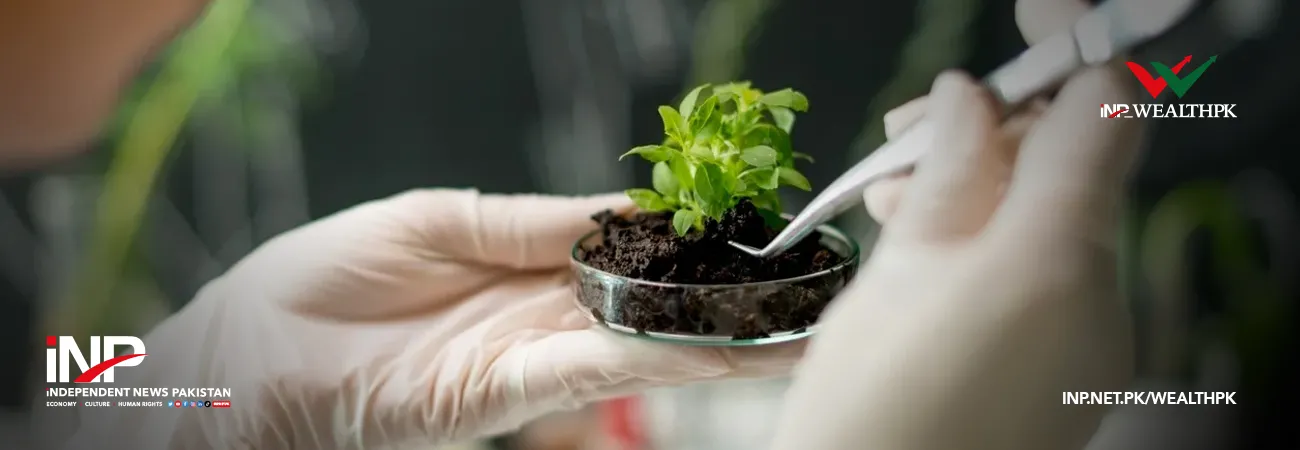INP-WealthPk
Ayesha Saba
Pakistan's growing income inequality poses a serious threat to its ability to achieve Sustainable Development Goals by 2030.

“Therefore, improving tax governance and aligning fiscal and monetary policies with social justice goals are crucial. By addressing the root causes of inequality, Pakistan can pave the way for a more inclusive and sustainable future,” said Zulfiqar Ali Shaikh, Director General Media Communications at Benazir Income Support Programme (BISP). Speaking to WealthPK, he said the SDG framework emphasised the reduction of inequality as a key target under Goal 10, yet Pakistan continued to experience disparities that hampered its progress in this regard. Shaikh highlighted that the situation was exacerbated by structural issues such as the skewed allocation of resources, uneven economic opportunities and systemic inefficiencies in social protection programmes.
He said the income disparity was most visible between urban and rural areas, with urban centres offering higher-paying jobs, better access to education and more robust healthcare services. “Rural areas, on the other hand, suffer from a lack of investment, infrastructure and employment opportunities, pushing large segments of the population into chronic poverty.” Shaikh said Pakistan was a low-income country where the ratio of poor was increasing. However, he added the government was trying to reduce poverty by increasing the number of BISP beneficiaries. He added that BISP stood as a leading institution dedicated to the upliftment of marginalised communities, offering financial assistance to 9.3 million households through its Kafaalat initiative.
“The government also runs different poverty eradication and skill development programmes in remote areas with the help of non-government organisations,” he added. Shaikh underscored that unless Pakistan addressed the fundamental causes of rural underdevelopment, including insufficient public spending on education, health and infrastructure, the income gap would continue to widen. “Economic policies that favour urban development at the expense of rural communities further exacerbate the situation, reinforcing a cycle of inequality,” he said. He advocated comprehensive tax reforms that could close loopholes and ensure a more progressive tax system, where wealthier individuals contribute their fair share.
The BISP official warned that without targeted policy interventions, this growing divide could further destabilise Pakistan’s fragile socio-political landscape. He said more robust social safety nets, combined with policies aimed at creating jobs and improving access to education and healthcare were necessary to mitigate the widening income gap. The Planning Commission has been made the national focal point for monitoring progress on SDGs. A high-level parliamentary committee of the National Assembly has been established on the SDGs. At the provincial level, SDG units have been set up to create a database on the targets and indicators and monitor progress.
Credit: INP-WealthPk



